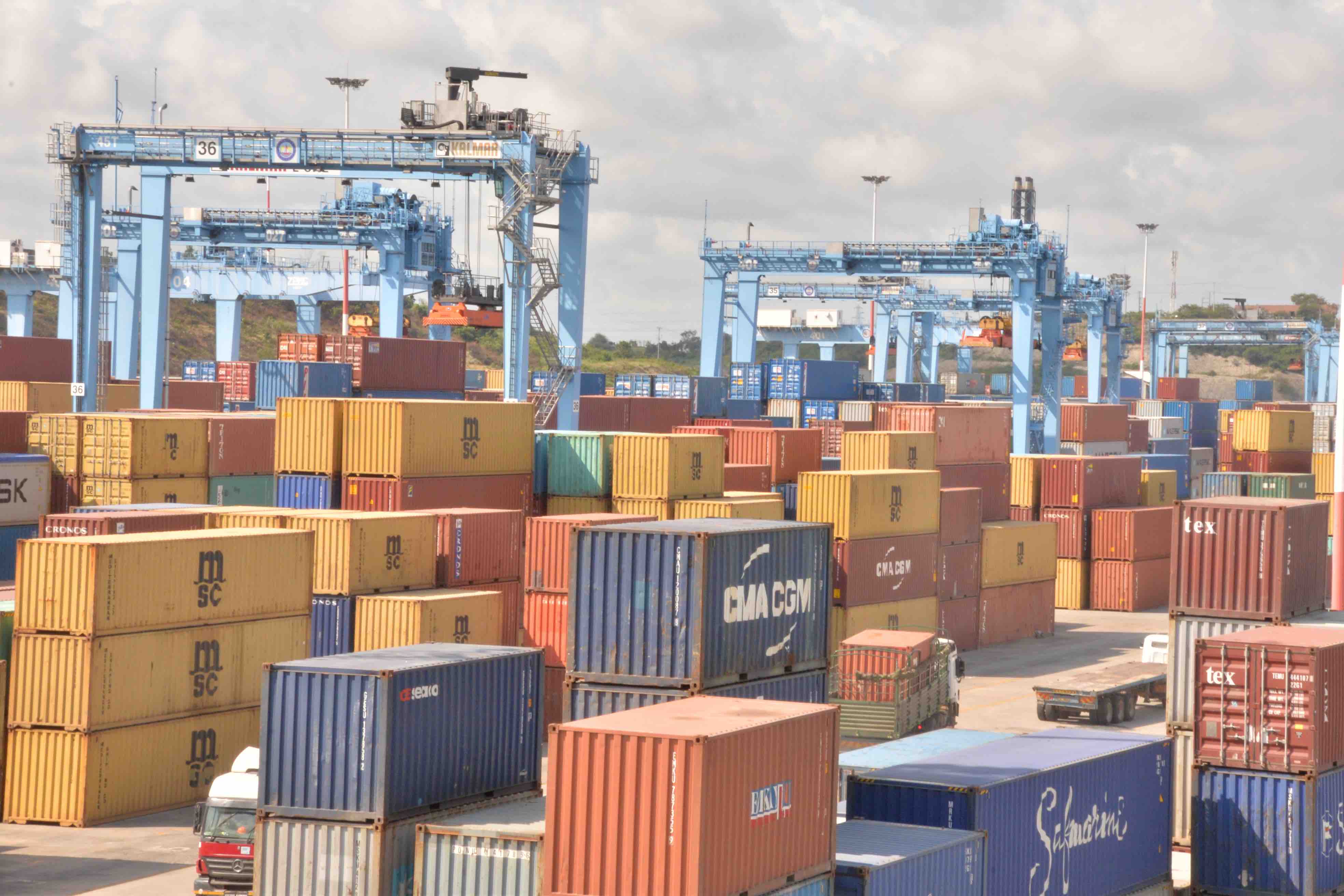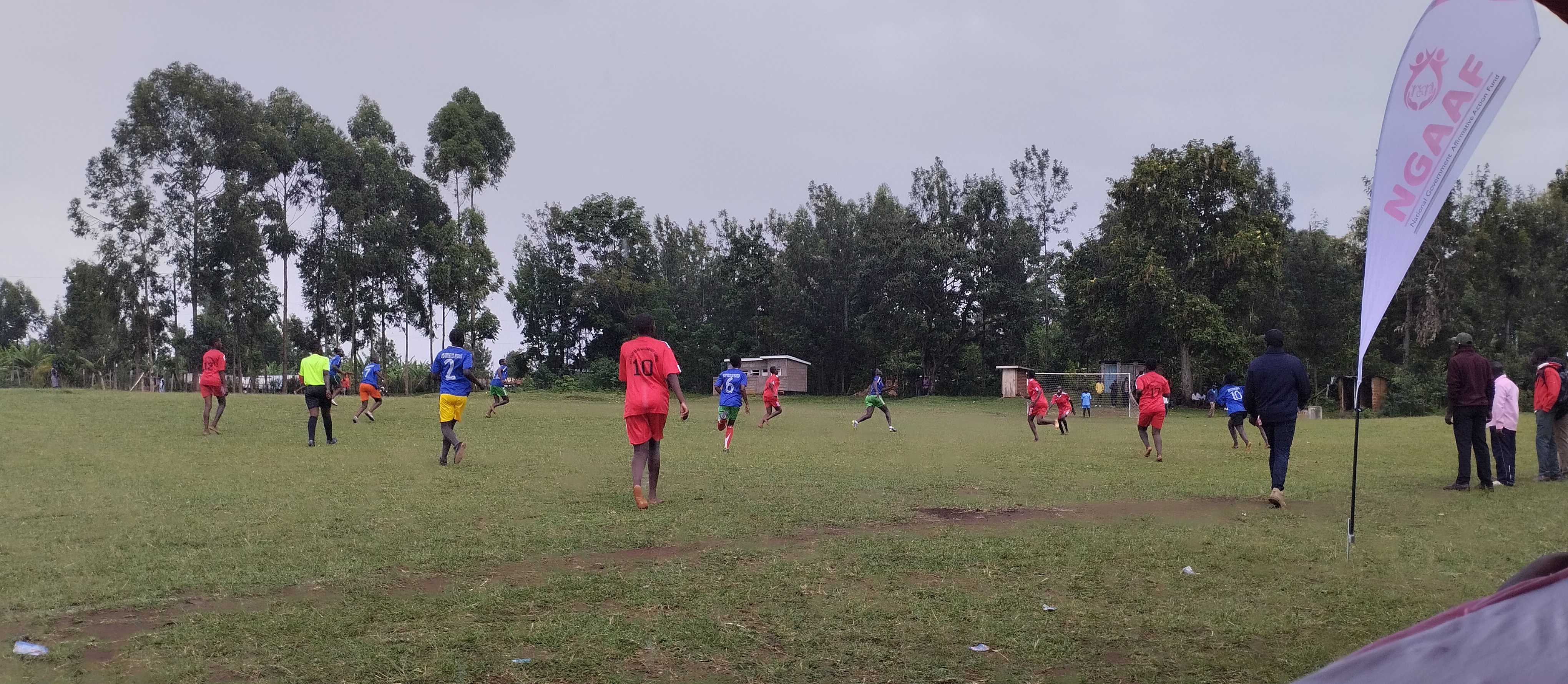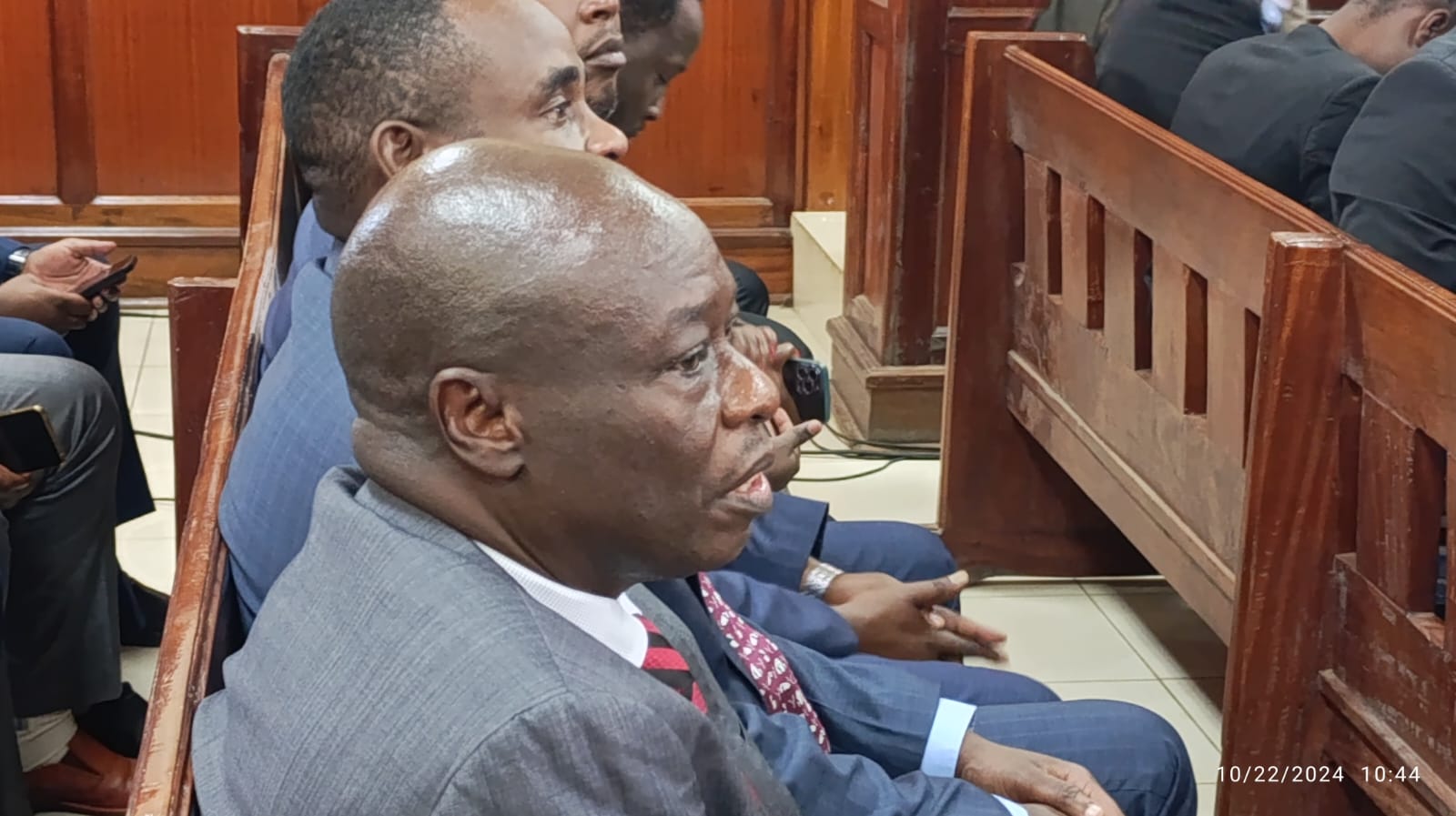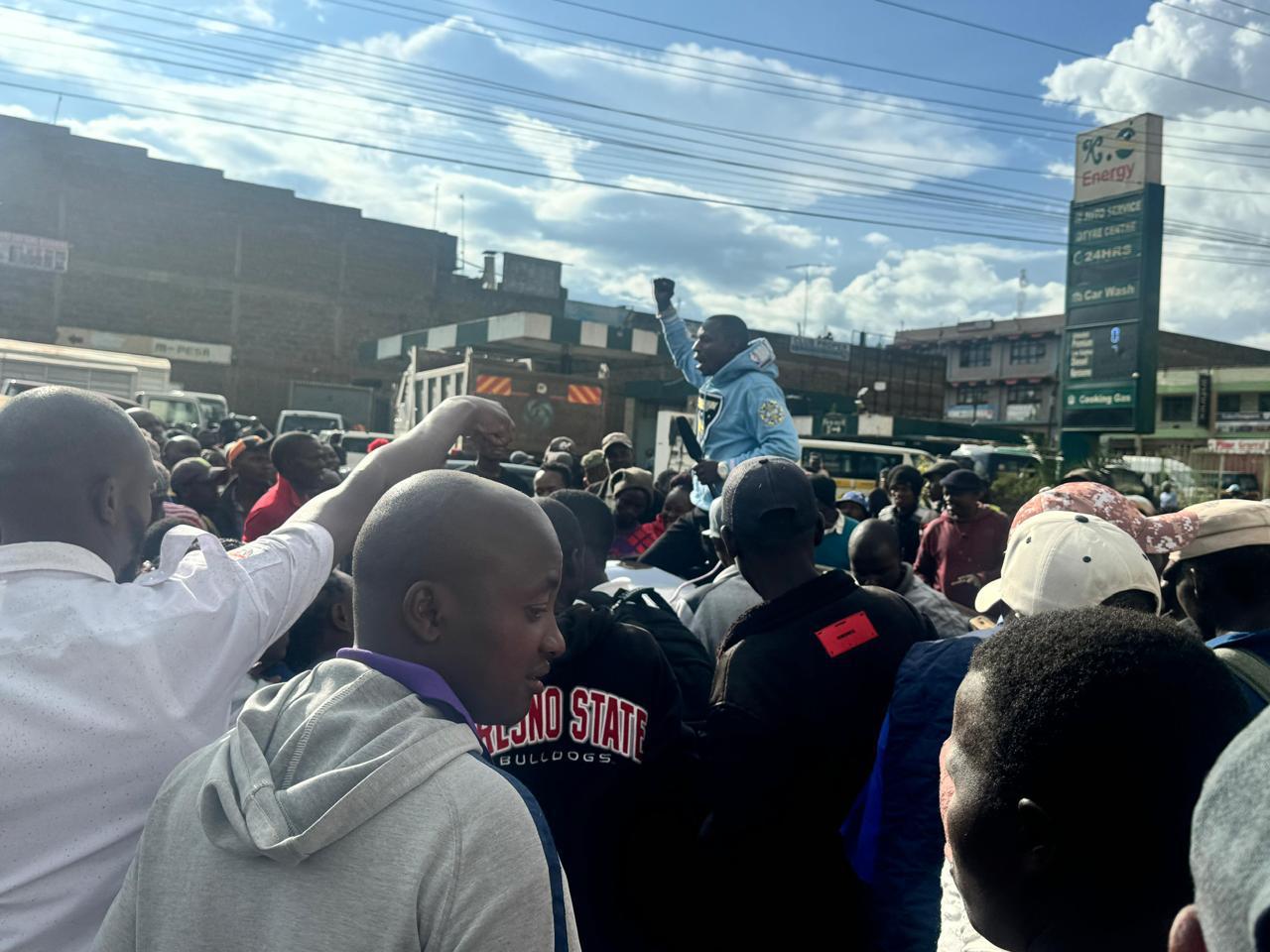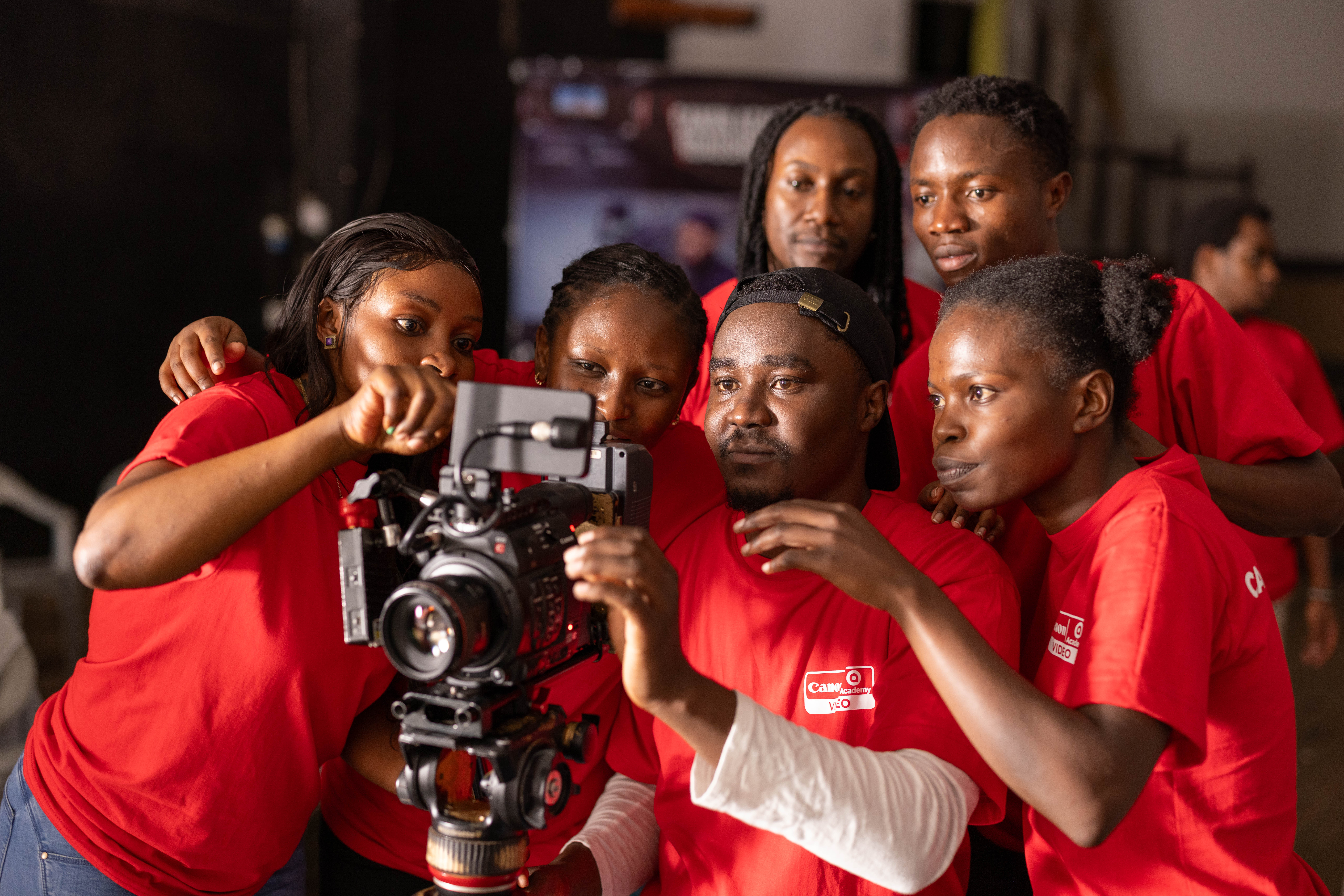Rockefeller Foundation commits Ksh. 3.5 billion to covid-19 response efforts in Africa
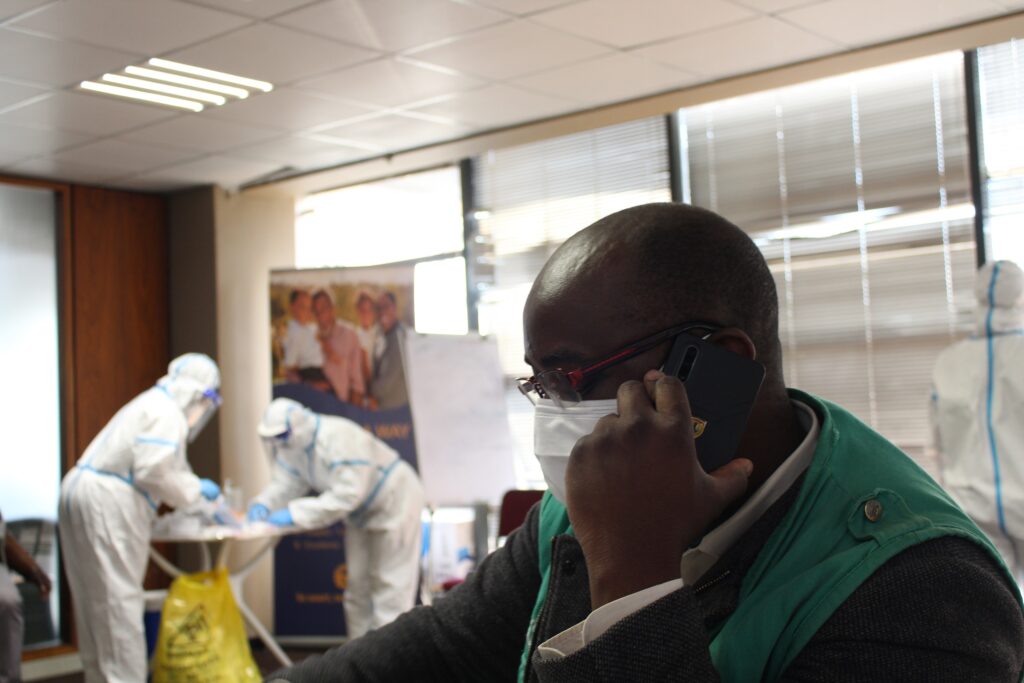
The Rockefeller Foundation announces an initial USD 34.95 million to ensure more equitable access to Covid-19 testing and vaccines; leverage innovation, data, machine-learning; combat the escalating food crisis; and scale up access to renewable energy in Africa.
Collaborating with 24 organizations, businesses, and government agencies, this pan-African effort will also focus on 10 countries: Burkina Faso, Ethiopia, Ghana, Kenya, Nigeria, Rwanda, South Africa, Tanzania, Uganda, and Zambia. The announcement comes 100 days after the Foundation’s landmark commitment of USD 1 billion over three years to help end the Covid-19 pandemic and drive a more inclusive and sustainable global recovery.
“Since The Rockefeller Foundation first opened its Africa Regional Office in Nairobi in 1966, the region has remained a top priority for us,” said Dr. Rajiv J. Shah, President of The Rockefeller Foundation. “With this initial round of funding, we are beginning to deliver on our billion-dollar pledge to help end the Covid-19 pandemic in Africa and for us all, while investing in wealth-building opportunities for those who have been shut out of economic progress and are bearing the brunt of this pandemic.”
“We are very pleased to be committing over USD 30 million to ensure a sustainable, equitable Covid-19 response in Africa,” William Asiko, Managing Director and Head of The Rockefeller Foundation’s Africa Regional Office. “A significant portion of this funding will benefit the Africa CDC’s effort to accelerate testing and tracing in several countries across the continent. These efforts will allow Governments at national and subnational levels to make informed policy decisions about lifting restrictions on movement and thereby re-opening economic activity.”
Closing the Health Inequity Gap – Covid-19 Testing, Innovation, and Investment:
The largest portion of the pan-African commitment goes to the Africa Public Health Foundation to support the Africa Centres for Disease Control (CDC). Announced last week in the lead up to the Agency’s fourth anniversary, the Foundation provided a USD 12 million grant to expand the geographic availability of testing centers to both urban and rural areas as well as strengthen community level tracing efforts, and enhance data infrastructure through the Africa CDC’s Partnership to Accelerate Covid-19 Testing (PACT).
In addition to PACT, the Foundation is supporting a range of organizations working all across the continent, including the Shining Hope for Communities initiative to expand Covid-19 testing and tracing efforts in Kenyan Informal Settlements because Covid-19 poses even greater risks to those living in densely populated communities with less access to healthcare and sanitation services.
Collaborating to Combat the Covid-19 Crisis and Unlock Access to Opportunity:
Covid-19 has deepened food insecurity and hunger across the world and in Africa. The World Food Programme estimates that hunger has doubled as a result of the pandemic, leaving more than 270 million people without enough to eat. The Rockefeller Foundation’s efforts focus on responding to the urgency of the Covid-19-triggered food crises while advancing more sustainable, nourishing, and equitable food systems across Africa. Through The Rockefeller Foundation Catalytic Capital (RFCC), the Foundation’s new public charity, USD 5 million will support the structuring and implementation of an accelerator to power agriculture and protective foods SMEs. As the second RFCC venture overall, and first one in Africa, the Accelerator is expected to provide technical and financial support to small- and medium-sized enterprises addressing the issues of availability, equitable access, and affordability for protective, healthy foods among poor and underserved communities on the continent.
To address the growing food crisis in Kenya in particular, The Foundation is collaborating with:
· D-Implement to carry out a market assessment for the insect-based feed sector to support transition towards sustainable feed for protective foods such as fish and chickens;
· Eastern Africa Grain Council to develop and demonstrate a smart market concept for the future that increases access to safe, affordable, and nutritious food;
· Farm Shop to use its franchise model to design and implement sustainable farmer aggregation centers in Kenya to support smallholder farmers and increase the availability of protective foods;
· Retail Trade Association of Kenya to develop a road map for the implementation of food safety standards for fresh produce.
The Rockefeller Foundation’s Commitment to Reimagining the Future:
This is a time of tremendous economic, technological, and social change. An estimated 435 million people have been pushed deeper into poverty during the pandemic, and climate change is threatening decades of global progress. The Rockefeller Foundation’s catalytic USD 1 billion investment to reduce energy poverty and fight the Covid-19 pandemic reaffirms its commitment to building a more equitable, inclusive and sustainable future to enable individuals, families, and communities to flourish. As part of the Foundation’s goal to align its internal investment strategy and external values and mission, in December 2020 it announced a commitment to divest its own USD 5 billion endowment from existing fossil fuel interests while refraining from future fossil fuel investments.

